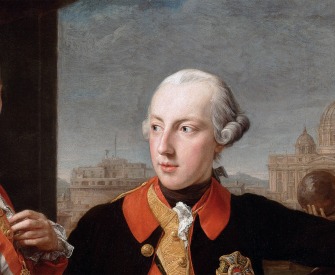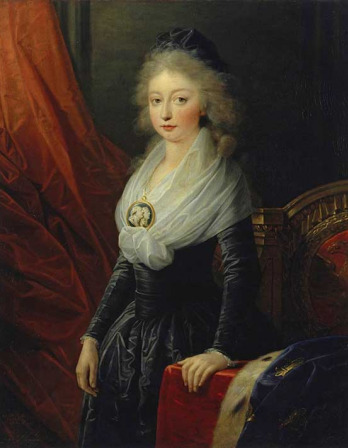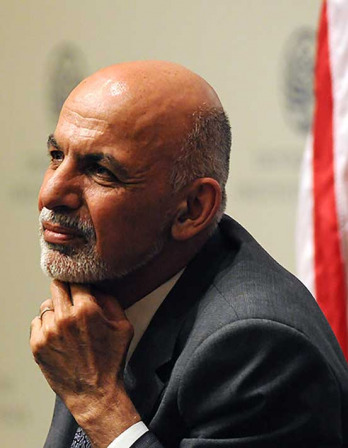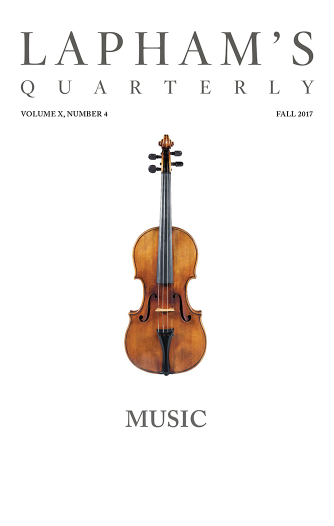Peltry is not only the best thing and the easiest to make use of in this country but it is also the coin of the greatest value. And the best of it is that, after it has been used as a covering, it is found to be ready-made gold and silver.
You know in France how much consideration is given the style of a gown. Here all there is to do is to cut it out of a beaver skin, and the savage woman straightway sews it to her little child with a moose tendon with admirable promptness. Whoever wishes to pay in this coin for the goods he buys here saves thereby the 25 percent that the market price gives them over that in France for the risk they run upon the sea. The day laborers also would rather receive the wages for their work in this money than in any other. And certainly it seems that commutative justice allows that, if what comes to us from France is dearer for having floated over the sea, what we have here is worth something for having been chased in the woods and over the snow, and for being the wealth of the country, especially as those who are paid with this coin always find therein their reckoning and something more. It is for this reason that the gentlemen of the company permit to a reasonable extent this practice to everyone and do not care whether these skins are used for trade or for protection from the cold—provided that in the end they come back to their storehouse and do not cross the seas except in their own ships. In consequence of this, if occasionally one of them gets into our hands, we do not scruple to use it in the way of a purchase, any more than we would as a covering for the little savages who cause us expense—or to make for ourselves shoes from the skins of moose, that we may walk upon our snowshoes, for which the common ones are of no use whatever because they are so hard. Such is here the custom of both the French and the barbarians. We send also some old elk skins to our fathers who are among the Hurons, and some porcelain when we have any; it is the best part of their money, and with it they pay for their frugal provisions of Indian corn and smoked fish, as also for the materials and making of their bark palaces. This, in truth, is all the profit we derive here from peltries and other rare things of the country—all the use that we make of them. If France were reduced to such a condition that money was not in circulation, one would be obliged in commerce to use the articles and commodities themselves, trading one for the other; or even if there were any profit in doing this beyond the mere necessity, and if such were the custom, could anyone find it wrong that, no matter what profession we make of poverty, we should follow the way of others, and when some objects of value should become ours, whether by purchase or donation—either in exchange or as a pure gift—we should make use of them according to circumstances? We have no greater attractions for these poor people than their hope of getting from us some material assistance, and they never cease asking us for it. To refuse them is to estrange them. If we always give to them without taking anything in return, we shall soon be at the end of our string; and yet if we take away from them the liberty of asking, they will never become civilized. What remains then? To tell them to apply to those who have more to give than we? That will hardly help us or render them more familiar with us. Shall we receive in order to give to those who would furnish us with something to satisfy them? This would be making us their agents. But who has ever imagined that it is trafficking to give and take according to the necessity of the ordinary occurrences of human life, inasmuch as what you get in one place will exceed the value of what you have given for it in another place?
From The Jesuit Relations. Born in Champagne, the missionary arrived in New France in 1632 and served as superior of the Jesuits of Quebec until 1639. He found little success communicating with local tribes until accompanying them on their winter hunt in 1634–35, when he learned their language. “I beg those who shall come to come with a desire to do good,” he writes elsewhere in these reports sent back to Paris. “New France will someday be a terrestrial paradise if our Lord continues to bestow upon it his blessings.”
Back to Issue





